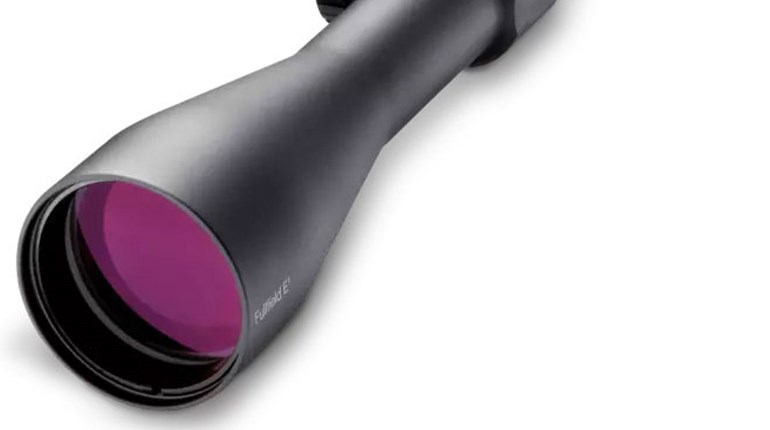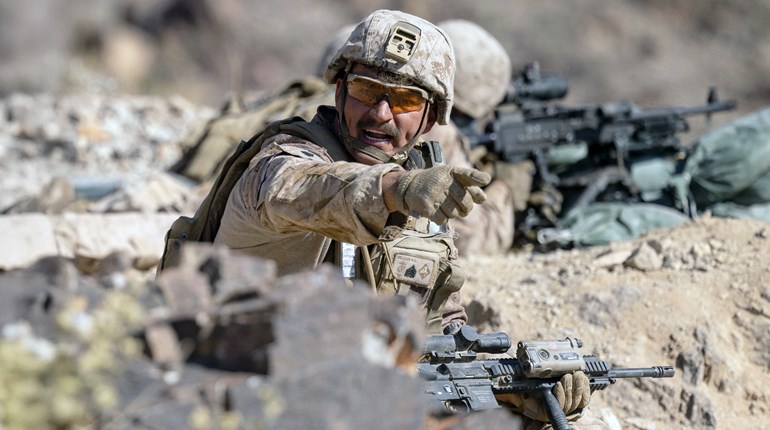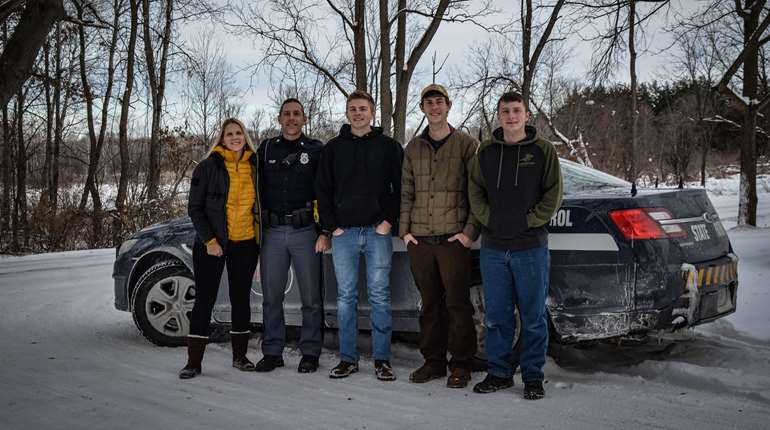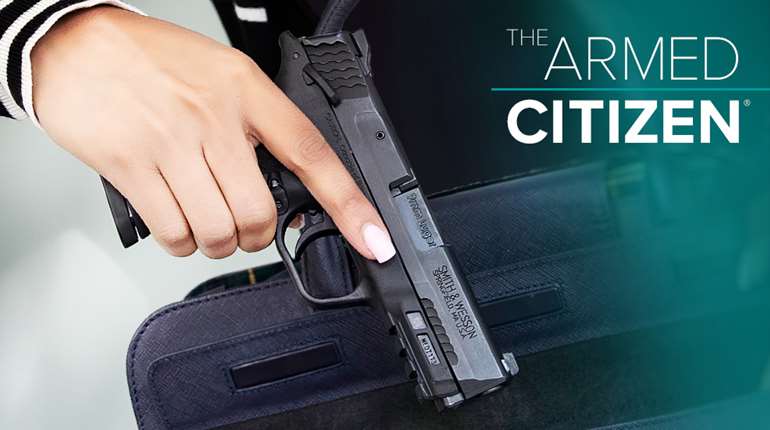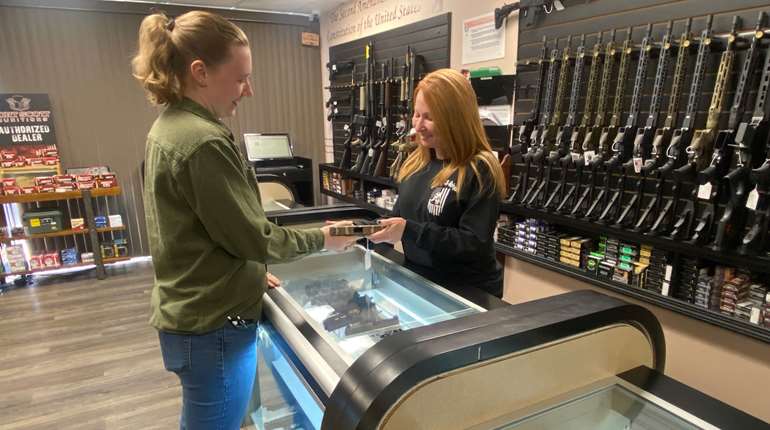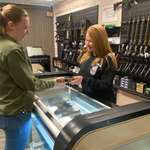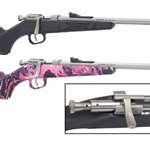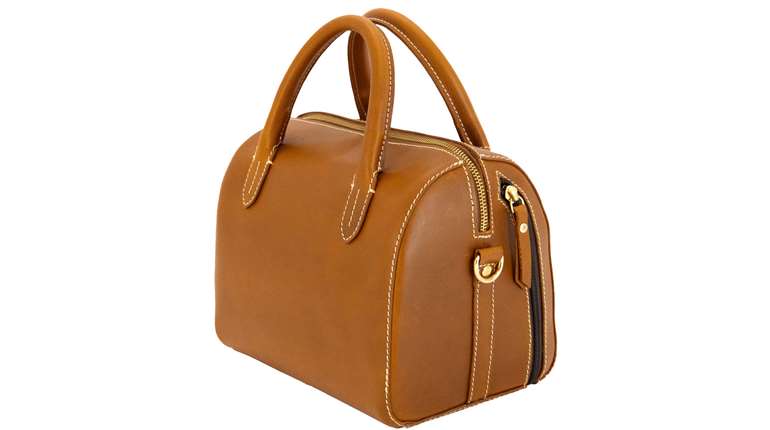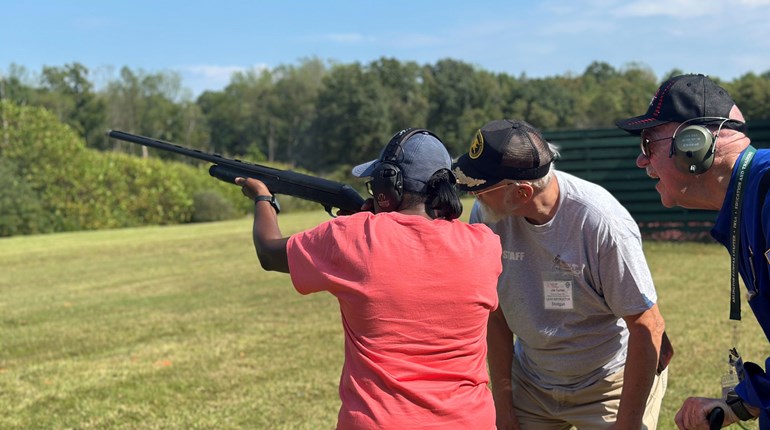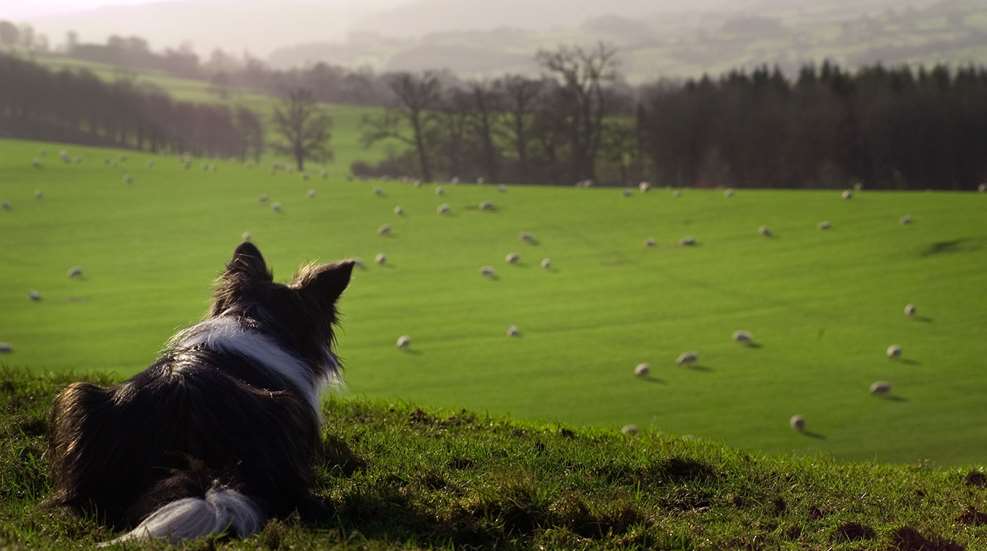
If you’ve spent any time at all in pro-Second Amendment circles in the past decade, particularly on the internet, you’re probably familiar with the sheepdog analogy. As best we can tell, it was first popularized by Lieutenant Colonel David Grossman in his book On Combat, published in 2004, but the analogy really took on legs when the movie American Sniper depicted Chris Kyle’s father giving him a speech that included the sheepdog bit.
The analogy puts every person into one of three categories: sheep, wolf or sheepdog. Grossman’s explanation makes sense. “If you have no capacity for violence then you are a healthy productive citizen: a sheep,” he wrote. “If you have a capacity for violence and no empathy for your fellow citizens, then you have defined an aggressive sociopath—a wolf. But what if you have a capacity for violence and a deep love for your fellow citizens? Then you are a sheepdog, a warrior, someone who is walking the hero’s path.”
All good so far. Trouble is, the analogy has been taken over by the Second Amendment community and applied with a heavy hand until it’s been stretched too far to apply to everyone. Let’s break it down.
Sheep
Sheep have no capacity for violence. They go about their day ignorant of and unwilling to deal with the dangers around them—predators, and in this analogy, namely wolves. Sheep are meek and mild. They don’t take responsibility for their own safety, allowing someone else (the shepherd or the sheepdog) to look after them and keep the wolves at bay. Sheep do their jobs and go about their business, living in blissful ignorance. If their protection fails and the wolf comes for them, sheep are helpless to resist. They are easy prey.
The Second Amendment community considers the term “sheep” somewhat of an insult, insinuating that sheep are stupid for not taking an interest in their own safety. Sheep are considered followers incapable of thinking for themselves. We don’t know for sure if this is what Grossman intended, but it’s the reality of how the word is used now.
Wolves
Wolves are capable of great violence and do not feel remorse about it. In nature, wolves aren’t evil; they’re just doing wolf stuff—killing indiscriminately, sometimes for the pure pleasure of it. They eat sheep because that’s what wolves do, and they don’t contemplate the ethics of it or stop to consider how the sheep feels.
In our analogy, human wolves are evil; they’re the criminals and general bad guys of society. They prey on the defenseless. They take what they want by violent means and don’t care who gets hurt.
Sheepdogs
Sheepdogs are capable of violence, but they have empathy for their fellow man and don’t exercise violence until they need to for a noble cause. Sheepdogs have a job: to protect the vulnerable sheep. They epitomize violence under control.
Human sheepdogs are good and just. They look out for the sheep who are incapable of or uninterested in taking care of themselves. They confront the wolves who prey on the sheep, defending the weak. Sheepdogs are heroes.
So What Am I?
Here’s my problem: I don’t want to be a freakin’ sheepdog. And obviously, I’m neither a wolf nor a sheep. I carry concealed and train regularly; I am certainly capable mentally and physically of violence if it is necessary, but I hope I don’t have to exercise it. My family members are all in the same boat—we’re all capable of defending ourselves and each other if called upon.
But I have no interest in running around defending the sheep. If they don’t want to take responsibility for their own safety, that’s their decision. I’m not one to put myself in harm’s way to protect grown adults who have abdicated their responsibility to protect themselves. Every person is going to feel differently about this, but I’m not likely to insert myself into situations that aren’t my business. That’s not to say I would never intervene in a violent situation, but in general, if I can get out instead of getting involved or using violence, I will. The sheep (the adults, anyway—vulnerable children, elderly, disabled, etc. are a different story) can live with the consequences of their own choices.
In my view, true sheepdogs are the ones who signed up to protect all the world’s sheep, whether morally or professionally. And thank God for them! Law enforcement officers are sheepdogs. Those who serve in the military are sheepdogs. Some concealed carriers are sheepdogs, willing to go tooth-to-claw with the wolves to protect a sheep in danger. They see it as their responsibility, and more power to them. This is a personal choice all concealed carriers should consider.
But as for me, I just want to be left alone and protect my own little family and those in my inner circle. None of us are sheep. So what does that make me? A tigress, maybe? A mama grizzly? Maybe we’re an entire family of grizzlies, ignoring the sheep and the wolves and minding our business until our family is threatened. Bears and tigers are still predators, though—both will eat sheep if given the chance. Maybe we’re a family of rhinos: Just minding our business not preying on anything, but able and willing to flat run over and destroy any threat to the family. Eh, I think I’d rather be a mama grizzly than a mama rhino, even if it’s not a perfect analogy.
Whatever you call me, I’m not a warrior seeking the chance to protect strangers. I don’t even consider myself to be “walking the hero’s path” as Grossman said. I guess I don’t care what you call me—just don’t call me a wolf, a sheep or a sheepdog.












